Daily Report Archives
Established in December 1993, the Nautilus Institute’s *N*ortheast *A*sia *P*eace and *S*ecurity *N*etwork (NAPSNet) Daily Report served thousands of readers in more than forty countries, including policy makers, diplomats, aid organizations, scholars, donors, activists, students, and journalists.
The NAPSNet Daily Report aimed to serve a community of practitioners engaged in solving the complex security and sustainability issues in the region, especially those posed by the DPRK’s nuclear weapons program and the threat of nuclear war in the region. It was distributed by email rom 1993-1997, and went on-line in December 1997, which is when the archive on this site begins. The format at that time can be seen here.
However, for multiple reasons—the rise of instantaneous news services, the evolution of the North Korea and nuclear issues, the increasing demand for specialized and synthetic analysis of these and related issues, and the decline in donor support for NAPSNet—the Institute stopped producing the Daily Report news summary service as of December 17, 2010.
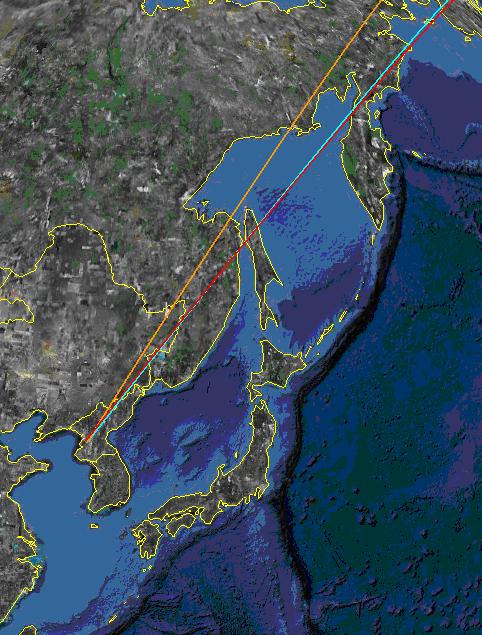
Peter Hayes, Professor, RMIT University and Executive Director of the Nautilus Institute and Scott Bruce, Director of the Nautilus Institute, San Francisco assess that North Korea’s options for a nuclear strike are severely constrained—so much so that the only credible use of the DPRK’s nuclear arsenal is to detonate a bomb within North Korea itself to slow down or to stop an invasion in the context of an all-out war with the United States and South Korea. They conclude that, “At this stage, North Korea’s outrageous nuclear threats against targets outside its borders are not backed up by actual capabilities. Countering the North’s rhetorical threat with more nuclear extended deterrence raises tensions instead of addressing the underlying problem of nuclear insecurity. Ultimately, the only way forward is to re-engage the North, and identify pathways that create confidence and reduce the mutual perception of the threat of massive destruction, whether by conventional or nuclear weapons.”
Go to the article
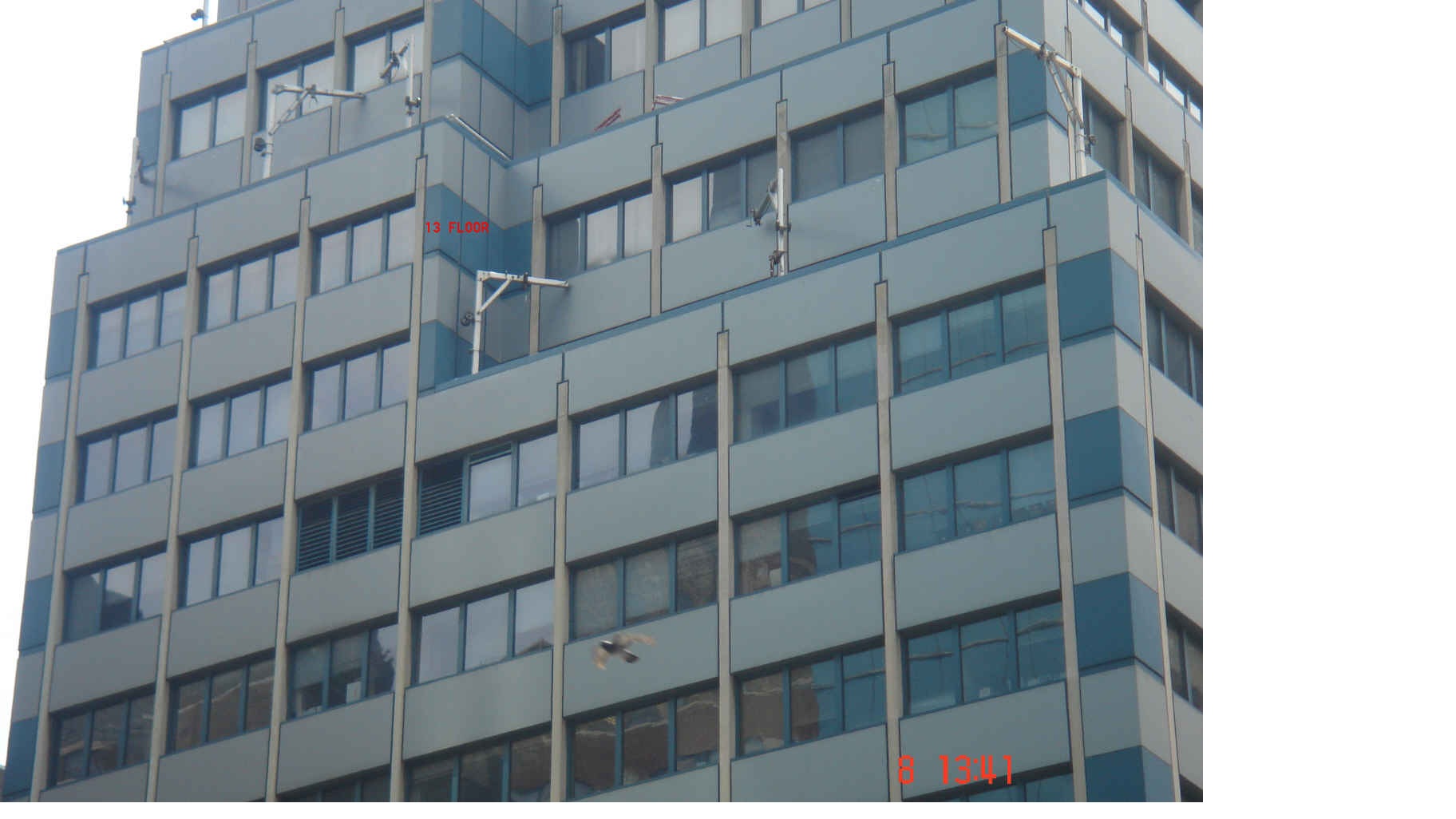
Stephen Costello, an independent analyst and consultant, asserts that progress toward North Korean denuclearization will require far more work from the US. He writes, “If Washington is content to wait 18 months for a change of parties in Seoul before considering a return to broader, bolder engagement [with North Korea], then US policy rests on a fragile footing. Failure to lead now on these important issues will ensure no progress is made in the near term, and that bolder action will be more difficult in the future.”
Go to the article
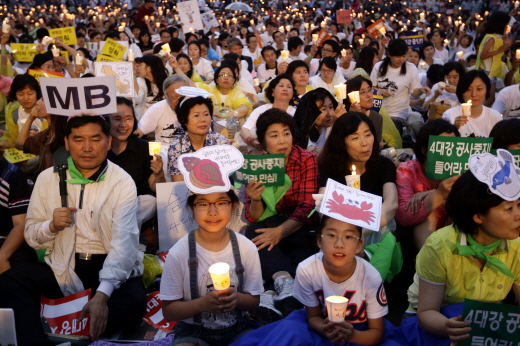
Sun-Jin Yun, Professor at the Graduate School of Environmental Studies, Seoul National University and Myungrae Cho, Professor, Dankook University, write “The ROK’s green growth strategy, as currently formulated, includes some impressive targets and demonstration projects, but at its heart emphasizes economic growth and national industrial competitiveness rather than being a true plan for “greening” of the Korean economy. As such, the ROK’s current “green” policies are in effect mostly policies for further benefiting existing large ROK industries, including the nuclear and construction industries.”
Go to the article
Togzhan Kassenova, an Associate at the Carnegie Endowment for International Peace Nuclear Policy Program, analyzes Taiwan’s unique position within the international security system and the global nonproliferation regime. Despite being an “outsider” in relation to relevant international frameworks, Taiwan is a major transit and transshipment hub well-positioned in the supply and consumption chain of high-tech goods and boasts a highly-developed civilian nuclear program. As a result, Kassenova asserts that “Taiwain is the only place that presents such high stakes for the global nonproliferation system.”
Go to the article

Wen Bo, Senior Fellow at the Pacific Environment China Program, examines urban security issues in China and their connection to environmental sustainability. He writes, “By encouraging civil society and promoting cooperation and exchanges with other countries Dalian can address the environmental and urban security challenge that it faces and promote peace and stability in North-East Asia.”
Go to the article
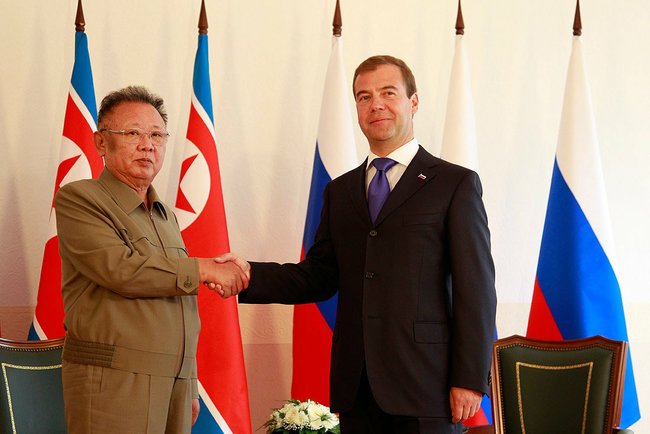
Georgy D. Toloraya, Professor of International Relations and Director of Korean Research Programs at the Institute of Economics of the Russian Academy of Science, analyzes the prospects for resumption of the Six Party Talks and discusses Russia’s position on the Ulan-Ude Summit. He writes, “The first step is to freeze North Korea’s missile and nuclear activities, then reduce the state’s WMD arsenal. The chance to come back to the negotiating table should not be lost, and both President Obama and President Lee Myong-Bak should positively consider North Korean’s proposal at the Ulan-Ude Summit. The resumption of talks would get full support from Russia.”
Go to the article
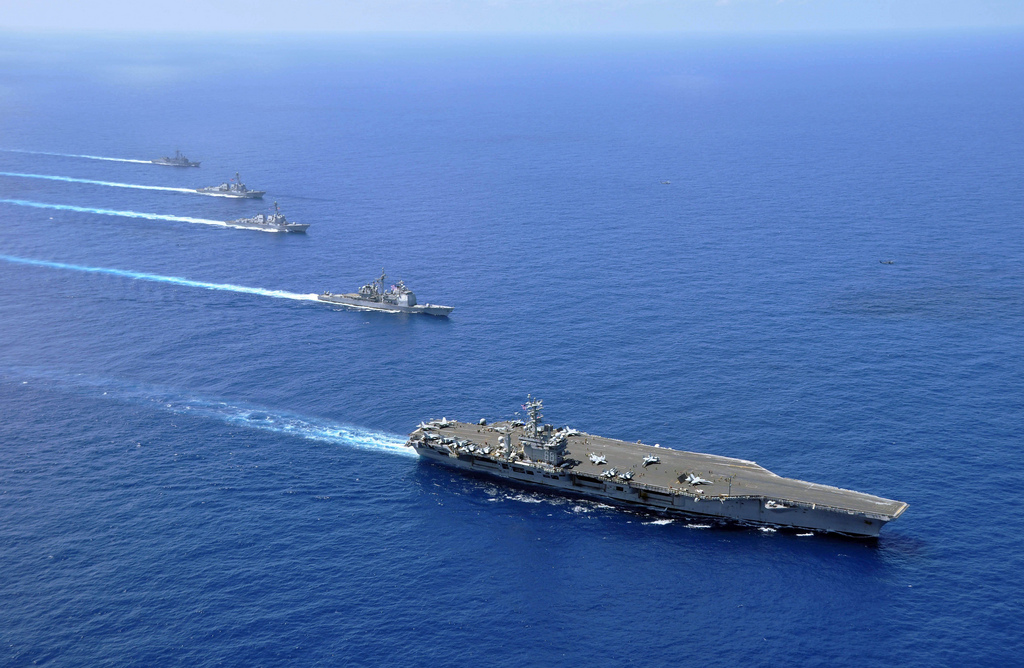
Mark Valencia, Nautilus Institute Associate and NARP Research Associate, examines the implications of new intelligence gathering equipment on maritime conflicts and the Law of the Sea. He writes, “the scale and scope of maritime and airborne intelligence collection activities are likely to continue to expand rapidly in many countries … The Law of the Sea does not adequately deal with these dimensions of freedom of navigation… Unless the issues are addressed and resolved, more incidents and possible conflict lie ahead.”
Go to the article







